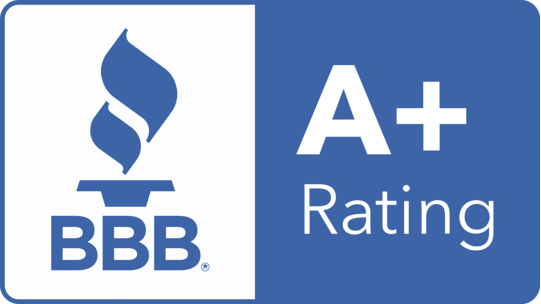Tenant Screening Simplified
How to Effectively Screen Tenants and Ensure Reliable Renters for Your Property

Screening tenants is one of the most critical steps for any landlord or property owner. Proper screening ensures your rental property is occupied by reliable renters who pay on time, care for the property, and adhere to the lease agreement. Here's a detailed guide on effective tenant screening methods, red flags to watch for, and the benefits of involving a property management company in this process.
1. Set Clear Screening Criteria
Before you begin, outline your ideal tenant criteria based on legal and fair housing guidelines. Key considerations may include income requirements (e.g., three times the monthly rent), credit score thresholds, and clean rental history. Having clear guidelines helps maintain consistency and ensures a fair screening process for all applicants.
2. Conduct Background and Credit Checks
A credit report provides valuable insights into a tenant’s financial responsibility. Look for:
- Balances in collections: Be cautious of accounts in collections with utility companies or prior landlords. This could signal a history of unpaid rent or bills.
- Low credit scores: While a single low score isn’t always a deal-breaker, consistent late payments or defaults may indicate financial instability.
- Bankruptcies or liens: These can be red flags, but context is important. Consider the reasons and recency of such events.
Background checks are equally important to uncover any criminal history or evictions. While not all criminal records should disqualify a tenant, understanding their history helps make an informed decision.
3. Verify Employment and Income
Request proof of income through pay stubs, bank statements, or tax returns. Be wary of counterfeit documents. Look for discrepancies such as mismatched company logos, inconsistent formatting, or incorrect earnings compared to the stated job title or position. Directly contacting the employer to verify details can prevent fraud.
4. Check Rental History and References
Contact prior landlords to verify the applicant’s rental history. Key questions to ask include:
- Did the tenant pay rent on time?
- Were there any complaints or lease violations?
- Would you rent to this person again?
If the tenant’s previous rental ended with a balance due, proceed with caution. Similarly, if references are vague or difficult to reach, this could be a warning sign.
5. Look Out for Red Flags
During the screening process, be mindful of these warning signs:
- Incomplete or inaccurate application forms.
- Applicants who are overly eager to pay rent in cash or upfront.
- Unwillingness to consent to background or credit checks.
6. The Role of a Property Management Company
Partnering with a property management company can streamline the screening process. These companies have the expertise and tools to:
- Conduct thorough background and credit checks.
- Verify employment and rental history.
- Handle tenant interviews and lease agreements.
A professional property manager not only saves time but also reduces the risk of placing unreliable tenants. Additionally, they stay updated on local landlord-tenant laws, ensuring compliance throughout the process.
Effective tenant screening is a cornerstone of successful property management. By establishing clear criteria, conducting thorough checks, and staying vigilant for red flags, you can secure responsible renters who will care for your property. For a stress-free experience, consider hiring a property management company to handle the complexities of tenant placement and screening. Reliable tenants lead to fewer headaches and more consistent rental income—making the effort well worth it.






























